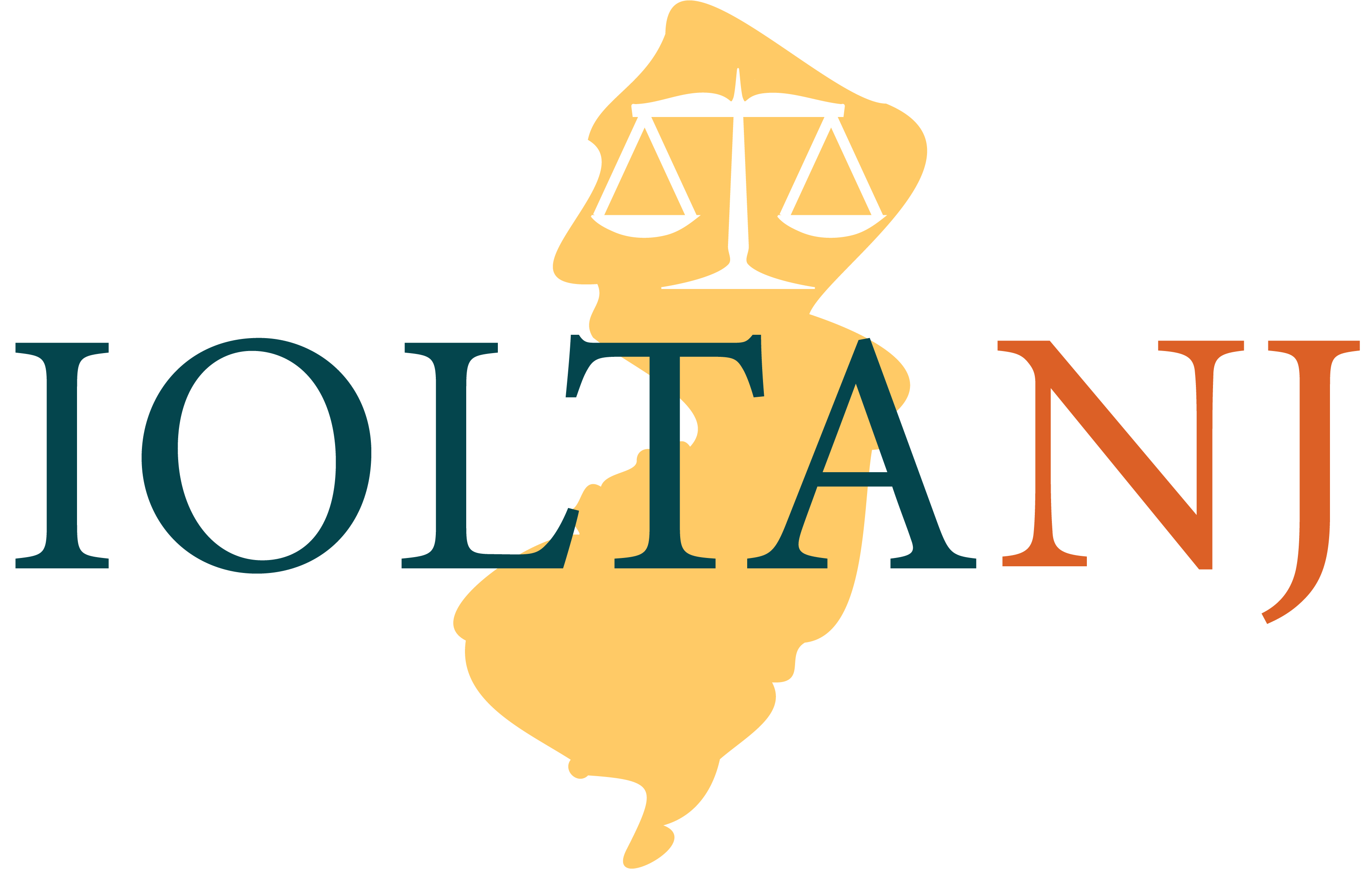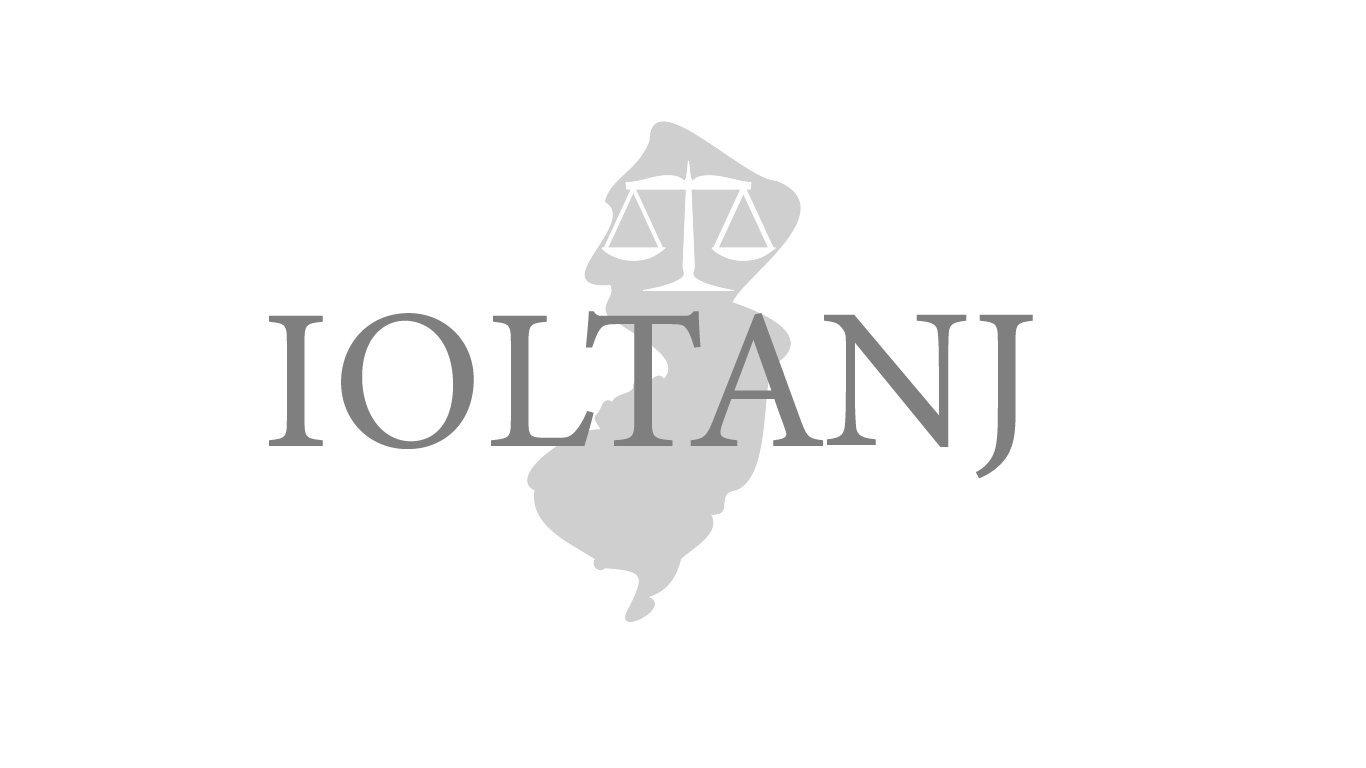Grant Policy and Priorities
1. By New Jersey Supreme Court Rule 1:28A dated March 1, 1988, New Jersey IOLTA program funds have been designated for use only as follows:
- Legal aid to the poor
- Improvement in the administration of justice
- Education of lay persons in legal and justice-related areas
- Such other programs for the benefit of the public as are specifically approved by the New Jersey Supreme Court from time to time
2. New Jersey Supreme Court Rule 1:28A authorizes grants from IOLTA proceeds, less reserve and administrative funds, to be allocated as follows:
- Not less than 75% to Legal Services of New Jersey, Inc.
- Not less than 12.5% to the New Jersey State Bar Foundation
- The balance of funds available to other entities deemed to be meritorious under the regulations of the Fund.
3. Specific additional criteria for the categories of activities stipulated in the rule are as follows:
- Legal Aid to the Poor - Projects delivering civil legal services to individuals and families financially eligible pursuant to IOLTA guidelines, currently limited to (i) modified net income level (MIL) not to exceed 300% of the most recent United States Department of Health and Human Services (HHS) poverty guidelines for the particular family size of the client household. Modified net income level (MIL) is defined as the client's annual gross household income, less taxes and essential regular and emergent expenditures, (food, clothing, shelter and medical care, etc.) and adjusted for other special circumstances such as seasonal variations and prospective changes in income, and (ii) situations where the clients do not have available liquid assets to pay for an attorney, as defined in written policies promulgated by the grantee's board of trustees. Each grantee shall take into account an applicant's available assets and liabilities other than income, including all special circumstances, seasonal variations and prospective changes, before making a final determination as to eligibility. Special circumstances may be used to reduce or increase income before applying the 300% MIL income standard.
Services may also be provided to persons receiving, at the time of determination of eligibility, any federal or state form of means-tested public benefits, including but not limited to Work First New Jersey (TANF and GA), SSI, SNAP (formally Food Stamps), and New Jersey Family Care (all programs thereunder), without a new determination of income level.
This category is distinguished by the characteristics of direct legal assistance to a client in a case if that aid is either (1) provided by an attorney, (2) provided by a non-lawyer under the supervision of an attorney, or (3) if such legal assistance is explicitly authorized by a government agency with authority to provide such authorization, or such assistance is already funded to some degree by the federal or state government. - Improvement of the Administration of Justice - Projects promoting the improvement of the administration of justice by seeking to have a direct, secondary, or eventual beneficial impact on the state or federal judicial system, state or federal administrative agency processes, or other aspects of local, state or federal legal processes.
- Education of Lay Persons in Legal and Justice-Related Areas - Projects, using any form of communication, which enhance the public's understanding of local state or federal law, judicial systems, or other legal processes or enhance the public's ability to gain access to such systems or processes.
4. Grant-making decisions of the Board are final and are not subject to appeal or judicial review.
5. All grants will be for activities to be carried out solely within the State of New Jersey.
6. All grantees must be corporations or other entities exempt from federal and state taxes; no individuals will be funded.
7. All grants must be used exclusively for purposes set forth in R.1: 28A and grantees must have an accounting system which ensures that all grant funds are so restricted.
8. Grantees must complete all required applications and forms, must supply all requested information, execute all required grant assurances, and complete all required reports.
9. Grantees and sub grantees must certify that programs funded by IOLTA conform to the representations made by the IOLTA Fund to the Internal Revenue Service.
10. Failure to comply with the Grant Assurances, reporting requirements, project proposal, and any other requirements specified by the Fund can result in a withholding or withdrawal of grant payments.
POLICIES SPECIFIC TO DISCRETIONARY GRANTS
11. All grants to entities other than Legal Services of New Jersey, Inc., and the New Jersey State Bar Foundation are discretionary, and are presumed to be non-recurring; there is no assumption or implication that a program will receive funds in the next grant cycle.
12. There are two categories of grants: basic, for amounts below $12,000, and major, for grants above that level. More substantial procedural, reporting, and auditing requirements will attach to major grants.
It is expected that a major grant will not exceed $250,000. Also, it is expected that this amount may be awarded primarily to those applicants which meet the priorities specified below.
13. All applications for discretionary grants must be received by the IOLTA Fund of the Bar of New Jersey at its headquarters at the New Jersey Law Center, New Brunswick postmarked by the US Postal Service no later than the due date specified annually.
Applications postmarked after the due date will not be considered regardless of the source of the application or the merits of the application.
14. The following categories will be considered first in making grant decisions. In priority order, these are:
- Programs which provide legal representation and assistance to low-income individuals.
- Programs which provide legal representation and assistance to client groups that are composed primarily of low income people.
- Programs which provide direct assistance and information to individuals or groups of individuals that have difficulty gaining access to the justice system or who need assistance in understanding the process of such access.
These programs will generally not provide legal representation, but must demonstrate that the clients served generally cannot provide the resources necessary to resolve their legal problems.
Programs in these categories must demonstrate coordination with federally funded Legal Services agencies and mainly provide legal services beyond the capacity of the federally funded agencies. Private attorney involvement will be on a pro bono basis.
The following characteristics of the above programs will be given particular weight:
- Programs which offer legal representation to low-income clients with critical civil legal needs.
- Programs which provide full representation.
- Programs which provide representation in cases that will have a beneficial impact beyond clients directly represented.
15. Reporting requirements for discretionary grants are provided in the grant application instructions, grant assurances and grant acceptance agreements. All reports will be in a form provided by IOLTA.

